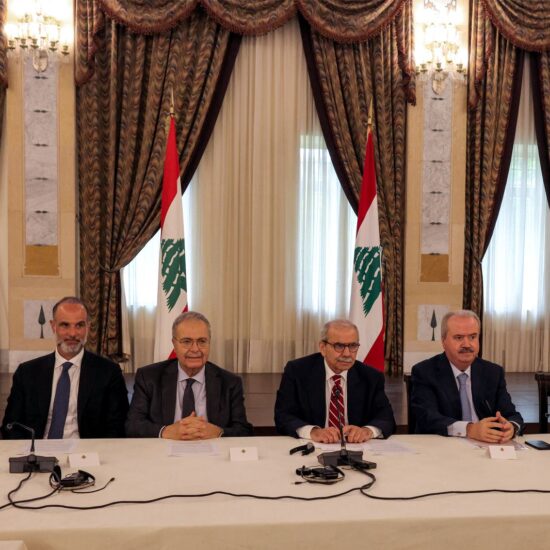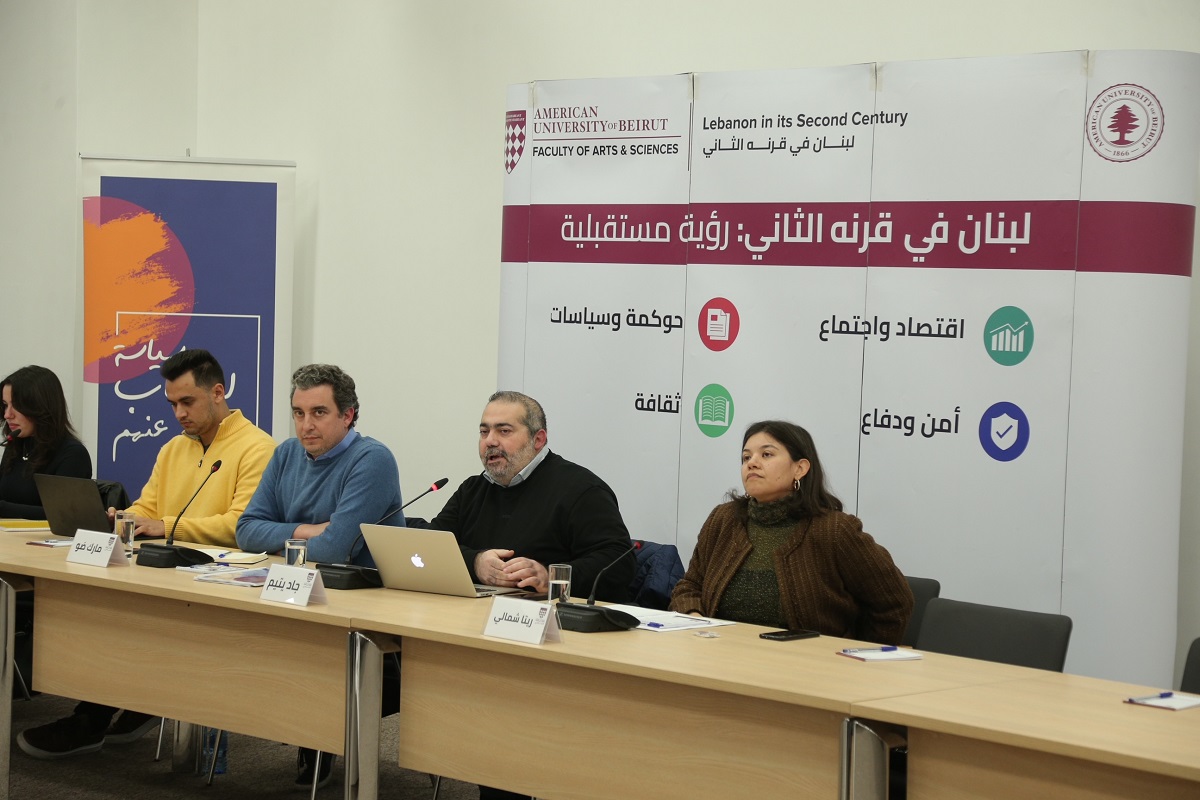
On April 3, 2012, the Lebanese Council of Ministers took a significant step by approving the National Youth Policy, which includes a list of 137 policy recommendations adopted by the Lebanese government to improve the lives of young people between the ages of 15 to 29. Despite this initiative reflecting the government’s commitment to youth issues, the absence of adequate funding, relevant laws, and a concrete action plan with follow-up mechanisms has hampered the full implementation of this policy.
Lebanon’s government structure includes a Ministry For Sports And Youth and a National Employment Office. However, these entities have remained dysfunctional, lacking any real policy or direction. With the median age in Lebanon being 28.8 years in 2023, it is critical for at least the National Employment Office to fulfill its role in preparing the young labor force for employment and finding job opportunities for all newly graduated young men and women. Today, ten years after the adoption of the policy and four years after the development of the action plan, the government has still not made use of the recommendations which serve as an operational framework for the National Youth Policy to better address youth issues.
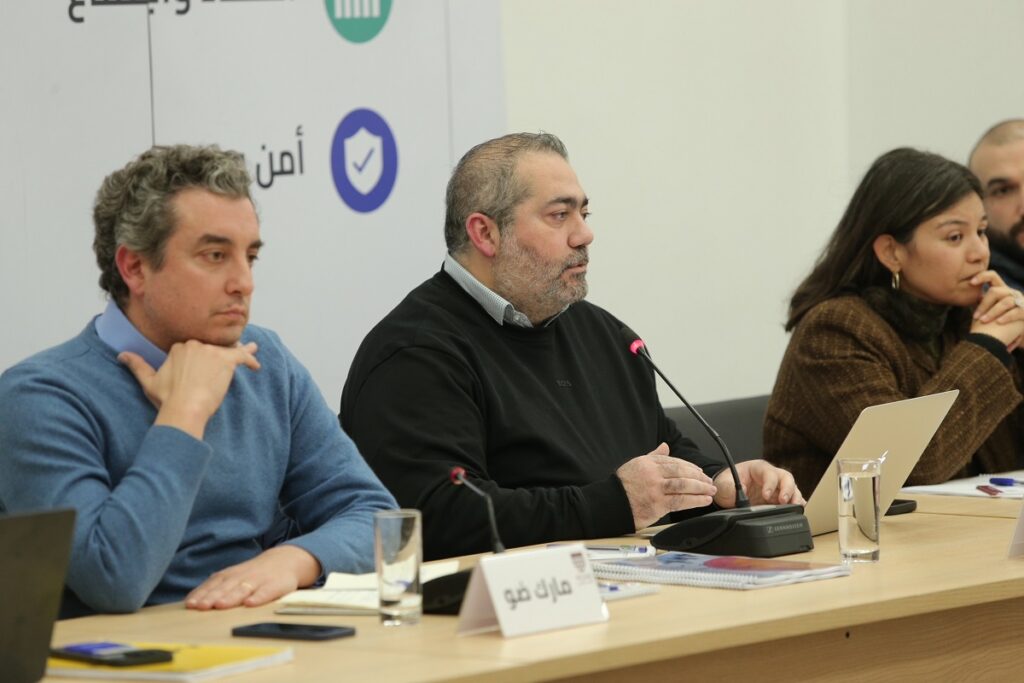
“What Role For The Youth Of Lebanon in the Second Centennial” was the subject of the third seminar of the Cultural Track held at the American University of Beirut as part of the brainstorming session of the seminar series “Lebanon in its Second Century: A Future Vision.” The seminar, moderated by Lebanese journalist and researcher Jad Yatim, included two sessions. Yatim emphasized that “despite the fact that the youth constitute about one-third of Lebanon’s population, the Lebanese authorities have not dealt with the youth as a target for human development.” He pointed out that “the first attempt to focus on the youth and understand their needs and aspirations came with the approval of the youth policy in 2012. However, after more than 10 years, it seems that the Lebanese government has not seriously addressed the youth, who remain prisoners of the mentality of the ruling system seeking to frame them in sectarian and regional boundaries and prevent them from becoming agents of change.”
Lebanon’s youth need social inclusion now more than ever as the crisis of 2019 extends into its fifth year. Ideally, Lebanon requires much more, including amending educational curricula to better suit life requirements and labor market needs, and implementing compulsory vocational training. Improving the vocational and technical education and training system, ensuring that curricula offer the necessary skills to young men and women, supporting educational grants, providing soft loans to students, and a wide range of cultural activities, including establishing and providing access to public libraries, especially in remote rural or marginalized areas, can act as triggers for change in post-crisis times. Youth social entrepreneurship can offer not only employment opportunities but also support other elements of youth development such as youth participation.
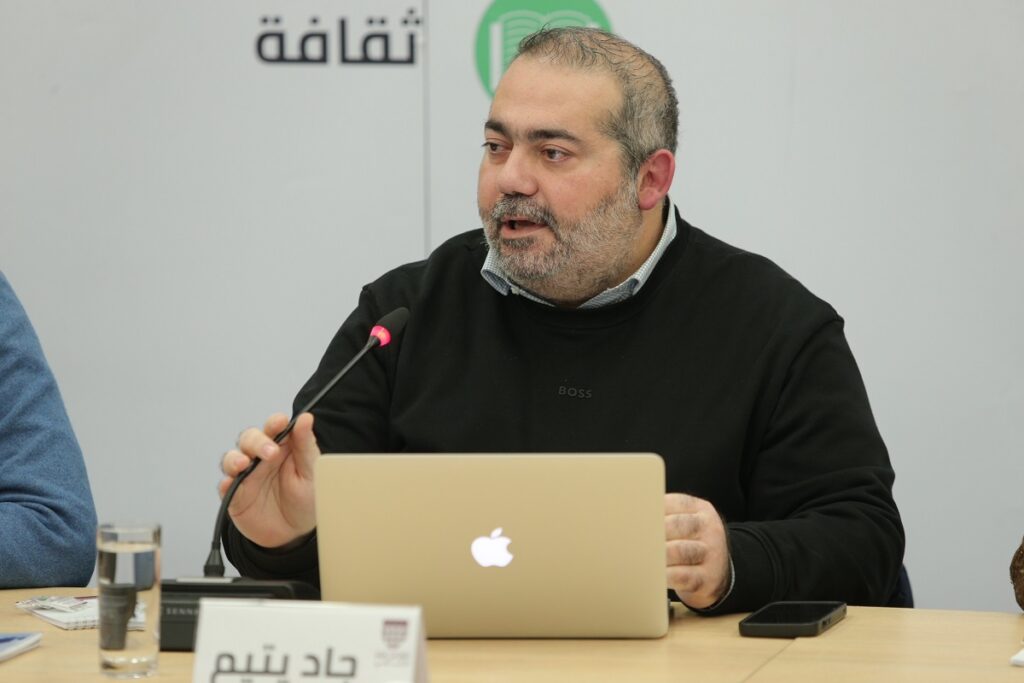
Jad Yatim, Lebanese journalist and researcher
The first century of Lebanon’s existence, as described by the World Bank in its 2021 report, ended with an economic collapse deemed the worst in the country’s history and one of the three worst global crises since the mid-nineteenth century. Thus, according to Yatim, the fundamental question arises: “How to navigate towards the second century, and what role do the youth of Lebanon play in reshaping a modern country that reflects them and suits its citizens? Can any revival plan succeed if the youth are not at its core?”
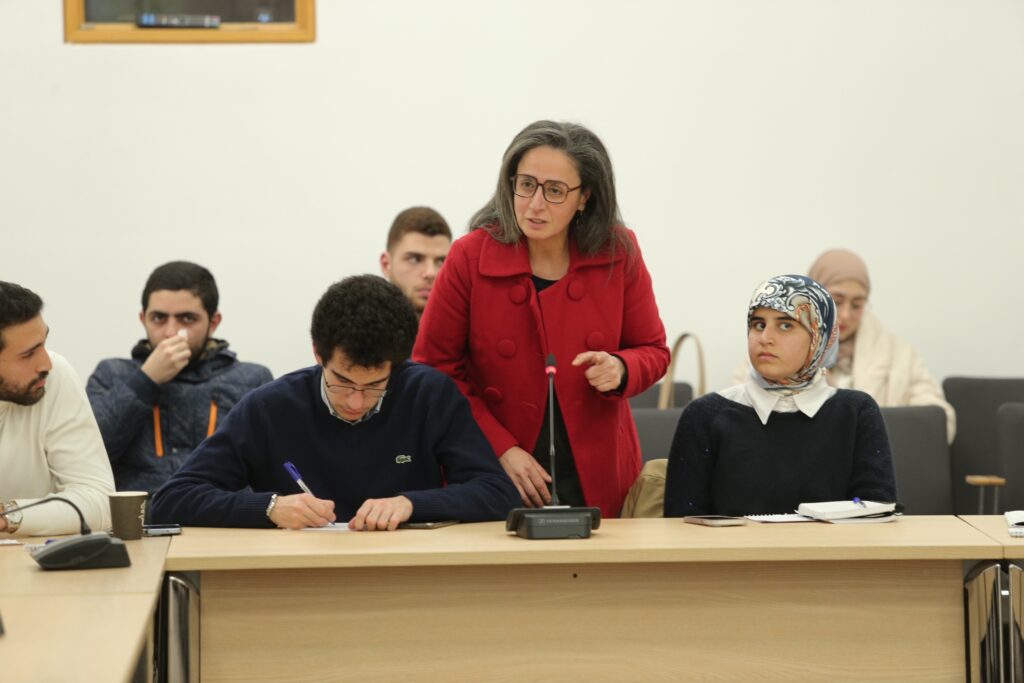
In its first century, Lebanon failed to open a meaningful dialogue with youth on the questions that affect their lives, from the initial planning stages of policy through monitoring and evaluation. There was an absence of conducting a needs analysis that fits all groups as the population is mixed in age, sex, rural/urban, education level, and family income to identify the most vulnerable groups and to set priorities accordingly. In light of many crises, successive governments failed to define vulnerable groups created by either current circumstances, political conditions, or long histories of social exclusion and discrimination. Ignoring these groups has impeded national economic growth and financial inclusion.
In the first session, Professor Rita Chemali, a lecturer at Saint Joseph University – Institute of Political Science, explained that “young men and women have the ability to change any reality they live in when they develop policies through elections, youth initiatives, and mobilization at various levels—university, local, national, and even global.” Chemali highlighted the need for a study on the impact of any public policy on the young population, such as taxation and fees on services youth consume the most. “Youth need to be catalysts for change and the ones shaping public policies,” she added, emphasizing the importance of carefully monitoring the effects of any public policy on the young population.
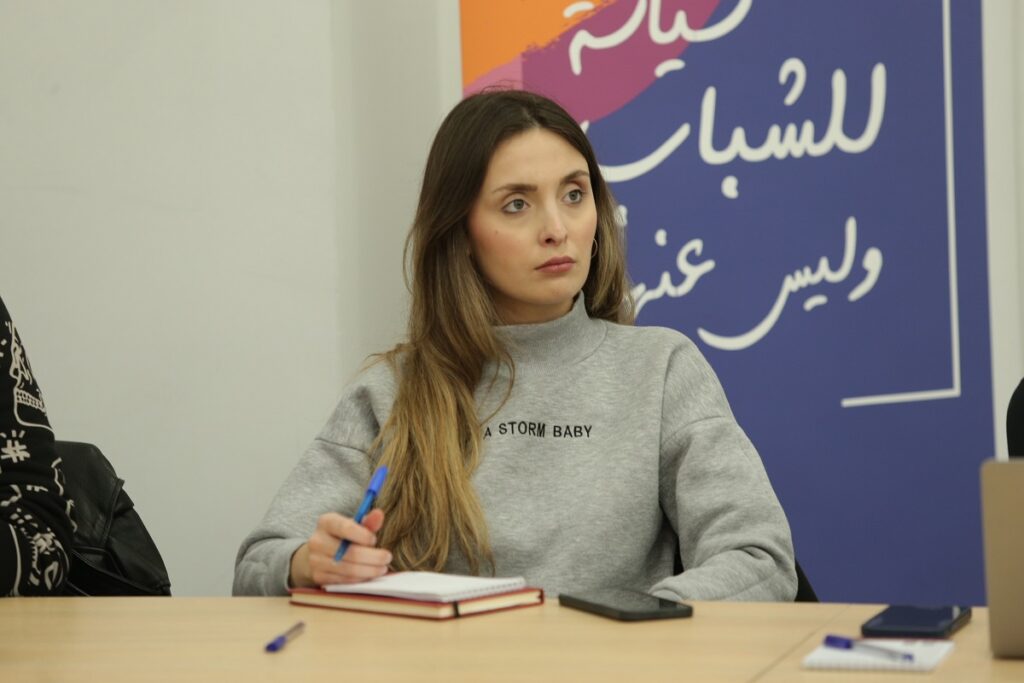
Member of Parliament Mark Daou called on youth to take advantage of the transitional political phase Lebanon is passing through. “This phase can give youth significant opportunities to partake in substantial aspects of public life in Lebanon and be a catalyst for change,” Daou said. Through technology, they can effectively and independently voice their opinions without censorship, more so than before, through social media, he noted. Daou also called on youth to reverse the state of the failing system, presenting it as an opportunity for them as long as they succeed in modern technologies. “The old system will not be able to compete, or whenever solutions for electricity, water, education, or other issues are addressed and given new recommendations,” he stated. He made an analogy with teachers who find it challenging to keep up with students who have artificial intelligence and other technologies at their disposal, providing them with significant access to information. According to Daou, establishing and maintaining communication channels can improve relationships and create channels that can facilitate the dissemination of information. “Advocacy and outreach will be easily reached,” he believes.
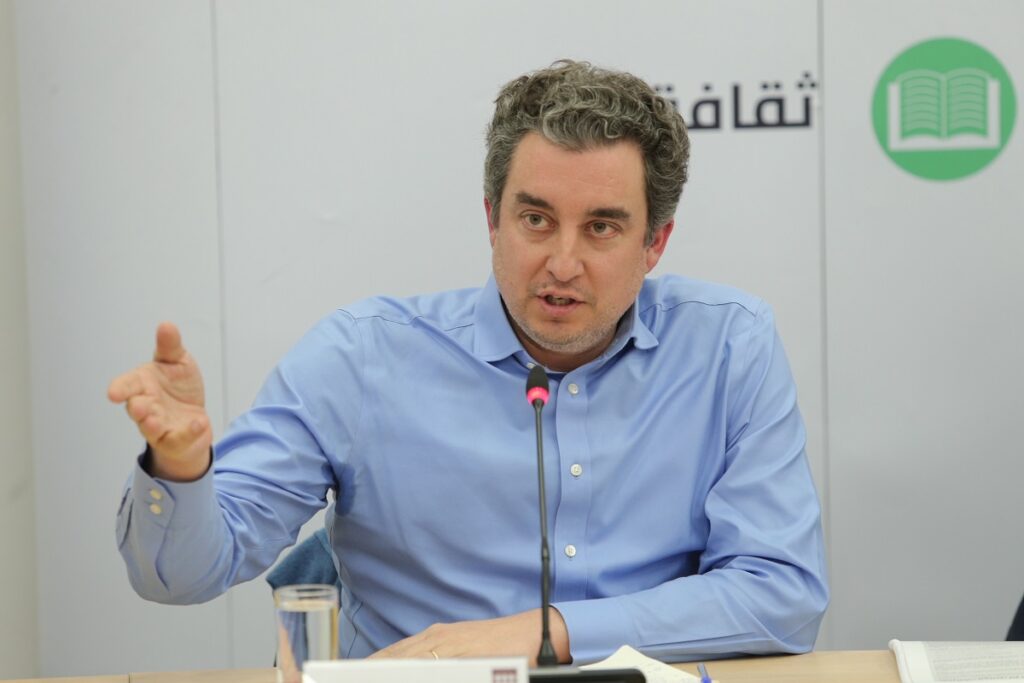
Mark Daou, Member of Parliament
Daou’s call for the use of technology in advocacy is understandable, but Lebanon is suffering from a digital divide and a high cost in internet and communication means, which makes it hard for a significant portion of the population to engage with technology comfortably.
It is a fact that any youth policy must evolve beyond a mere strategy to become a national strategy that the government fully implements, approves, and adopts as a comprehensive recovery plan, in cooperation with the Parliament and the relevant ministries and institutions.
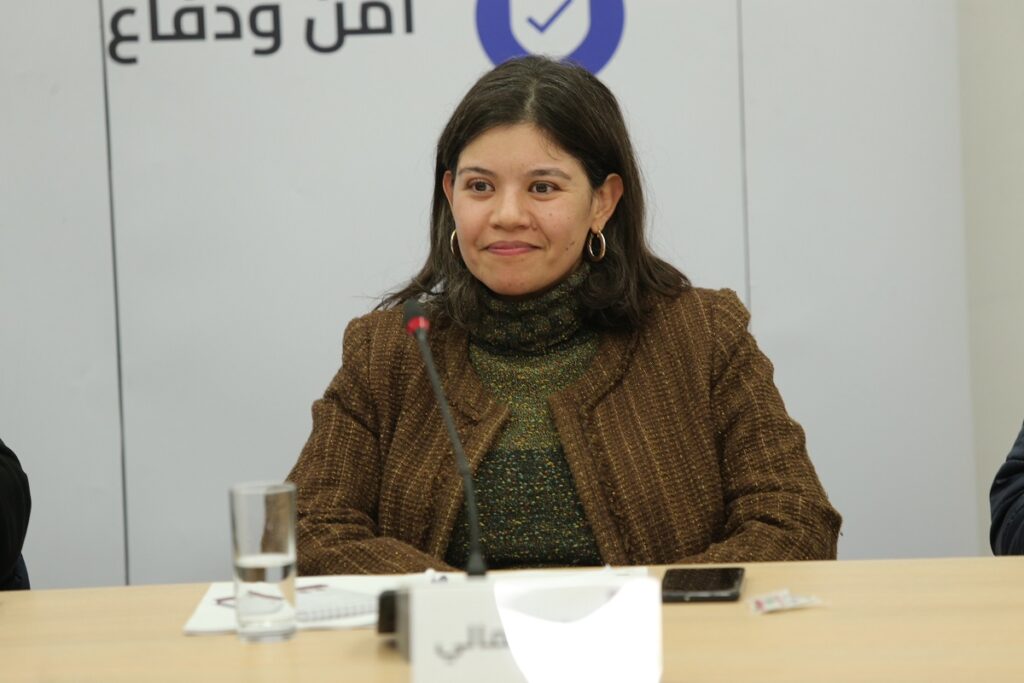
Professor Rita Chemali, a lecturer at Saint Joseph University
This strategy should not only serve as a national guideline but as a generational roadmap, incorporating an inclusive rights scheme and mandating a focused commitment from all constitutional institutions and national components. It’s crucial for the government to prioritize the youth sector, notably by increasing the employability of young men and women through the monitoring and evaluation of the labor market and its needs, and by enhancing access for youth to academic and career orientation in schools, universities, and technical institutes. Amid a recession, these priorities are essential for mobilizing collective action to secure a vibrant economic workforce, promoting youth engagement in programs aimed at achieving social stability, and reducing stereotypical behaviors and social discrimination.
Maan Barazy is an economist and founder and president of the National Council of Entrepreneurship and Innovation. He tweets @maanbarazy.
The views in this story reflect those of the author alone and do not necessarily reflect the beliefs of NOW.







